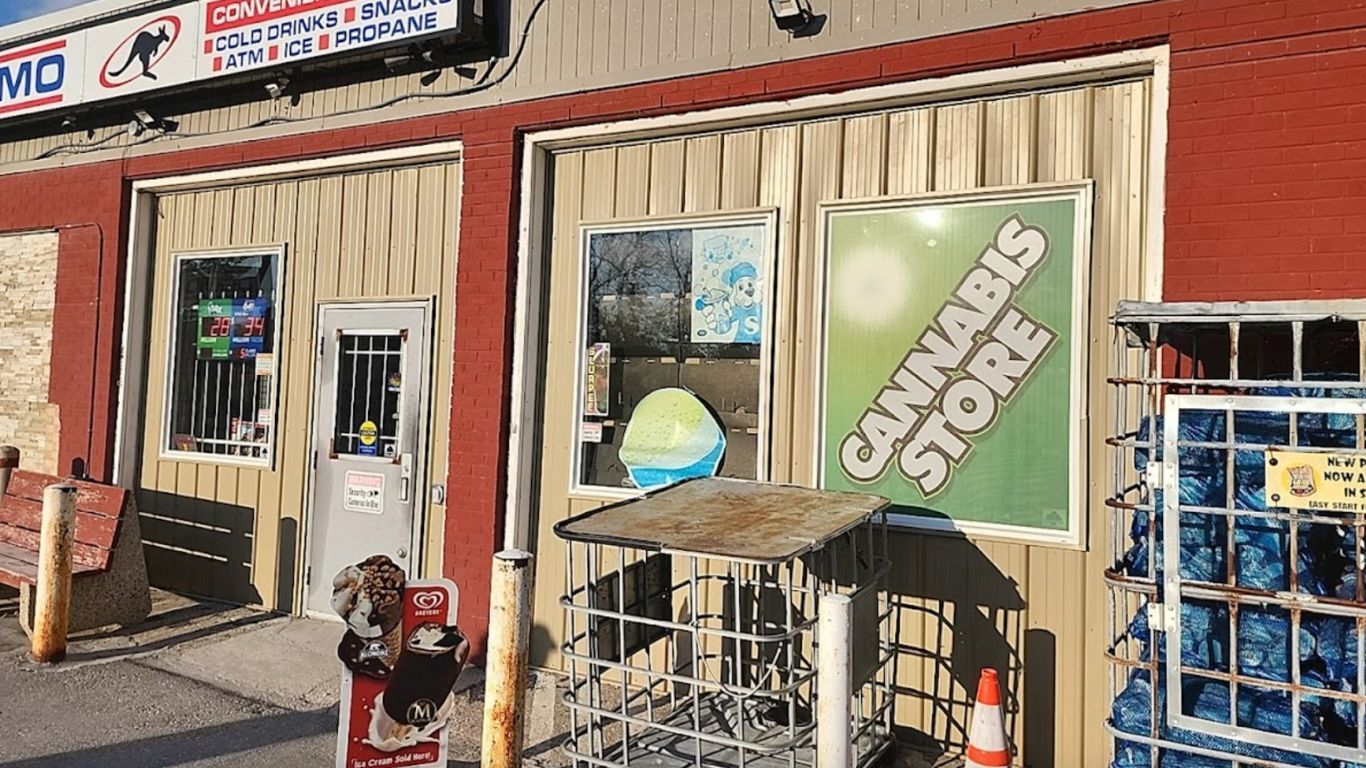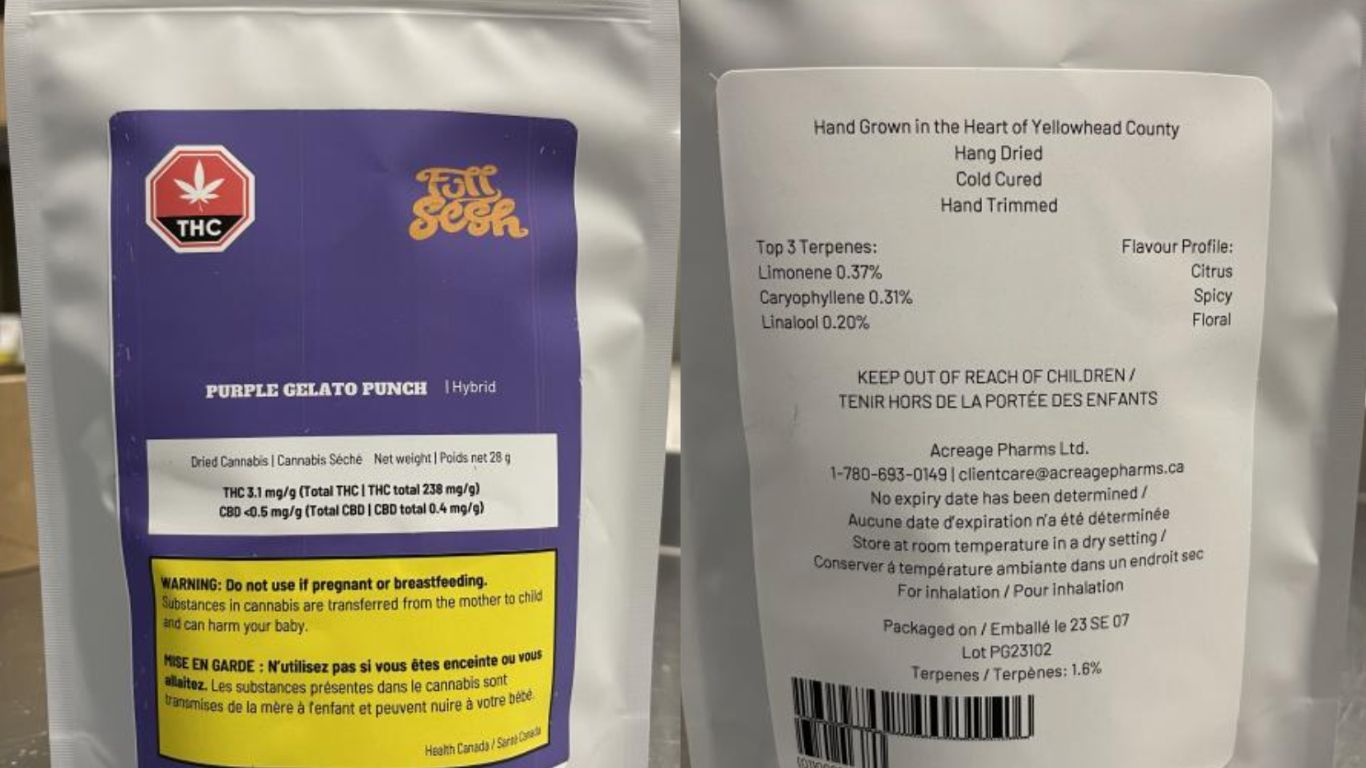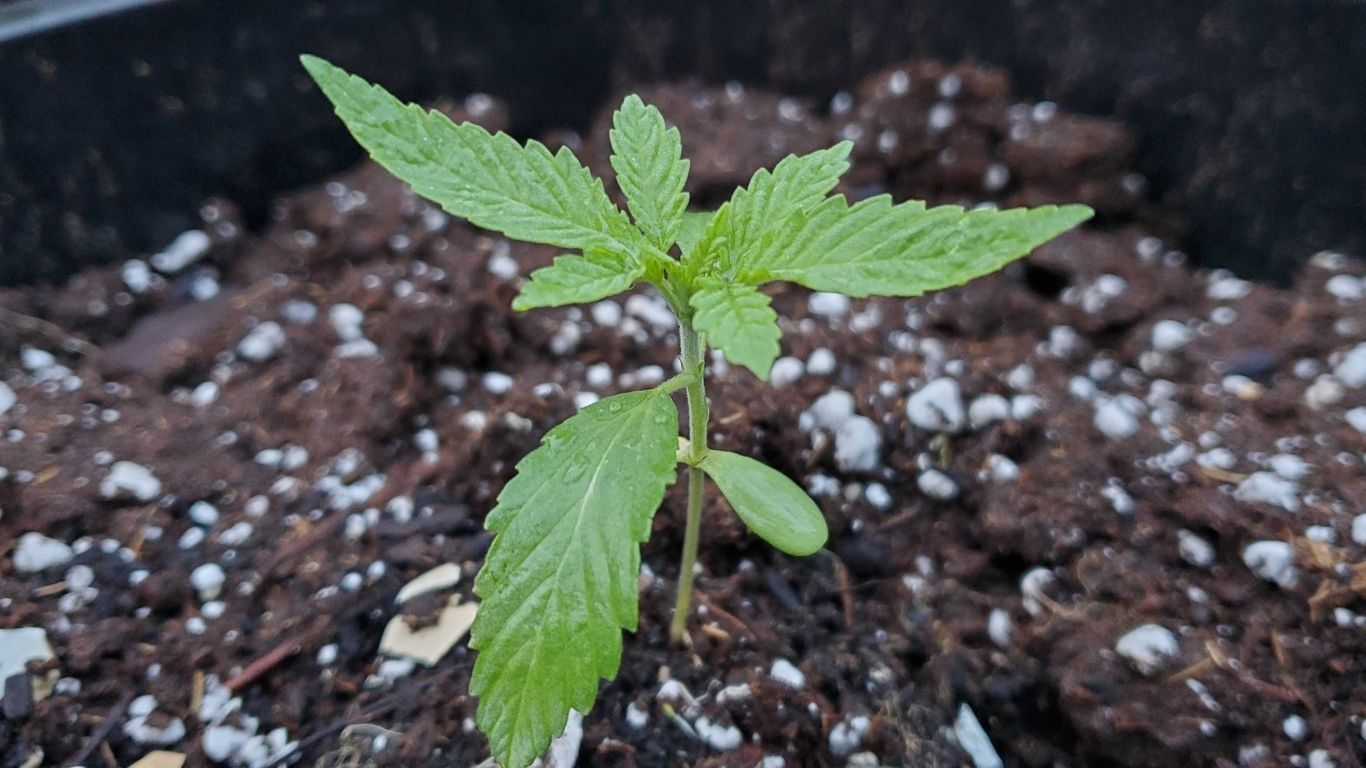
Health Canada has received 32 sales amendment applications from 31 different micro producers since the beginning of legalization.
Of these 32 applications submitted between October 17, 2018, and January 18, 2022, 21* of them have been approved so far, for dried/fresh, extracts, edibles, and/or topicals.
*Note: One micro processor with a sales amendment later transitioned to a standard processing licence.
In addition, 2021 saw 144 new submissions for micro licenses. Of those, 93 are under active review, 44 have been issued, one has been refused, and six were withdrawn.
These figures were provided to StratCann upon request via a Health Canada media representative.
Standard licenses
Between October 17, 2018, and January 24, 2022, Health Canada granted sales authority to 250 standard processing licence holders, to sell dried and fresh, extract, edible, or topical cannabis products to provincial and territorial retail distributors.
Of those, 17 processing licences with sales authority have been revoked or have expired, and the remaining 233 are still active. Twenty-six additional standard processing licence holders have pending sales amendment applications.
Between January 1 and December 31, 2021, 86 new standard site applications (cultivation and processing) were submitted.
Sales amendments are a significant milestone for producers of all sizes but can be especially important for micro producers seeking to have more control over how their products are sold throughout retail networks.
A sales amendment (sometimes referred to as a sales licence) is required for any cannabis producer to sell into the provincial markets. Cannabis production licences—which were all a one-size-fits-all licence under the medical-only regulations prior to full legalization in Canada in 2018—were divided into different categories. This was based on extensive stakeholder feedback, creating not only a new micro class of licences but allowing those who only want to cultivate, or only want to process, to focus solely on that.
Those who wish to do both can still apply for both licences, allowing them to not only grow cannabis but also process and/or package products for consumer sales.
Those producers authorized to package and/or process cannabis—from something as simple as packaging dried cannabis or pre-rolls to making edibles, extracts, or topicals—can then also acquire a sales licence that authorizes them to sell into each province or territory, with that jurisdiction’s approval.
While in the early days of legalization the only producers with those sales amendments were licensed producers who had transitioned over from the initial one-size-fits-all medical regime, the number of new post-legalization producers with sales amendments has grown rapidly.
As of January 20, 2022, more than 450 producers have at least one form of a sales amendment. But while this number has expanded exponentially, the number of micro producers with these licence amendments has not grown as rapidly.
However, these numbers show this is not because of a lack of approvals from the federal regulator, but rather a lack of applications.
As more provinces become open to working directly with micro producers, more may be seeking to apply for these sales licences themselves, rather than working with an already-approved partner.












